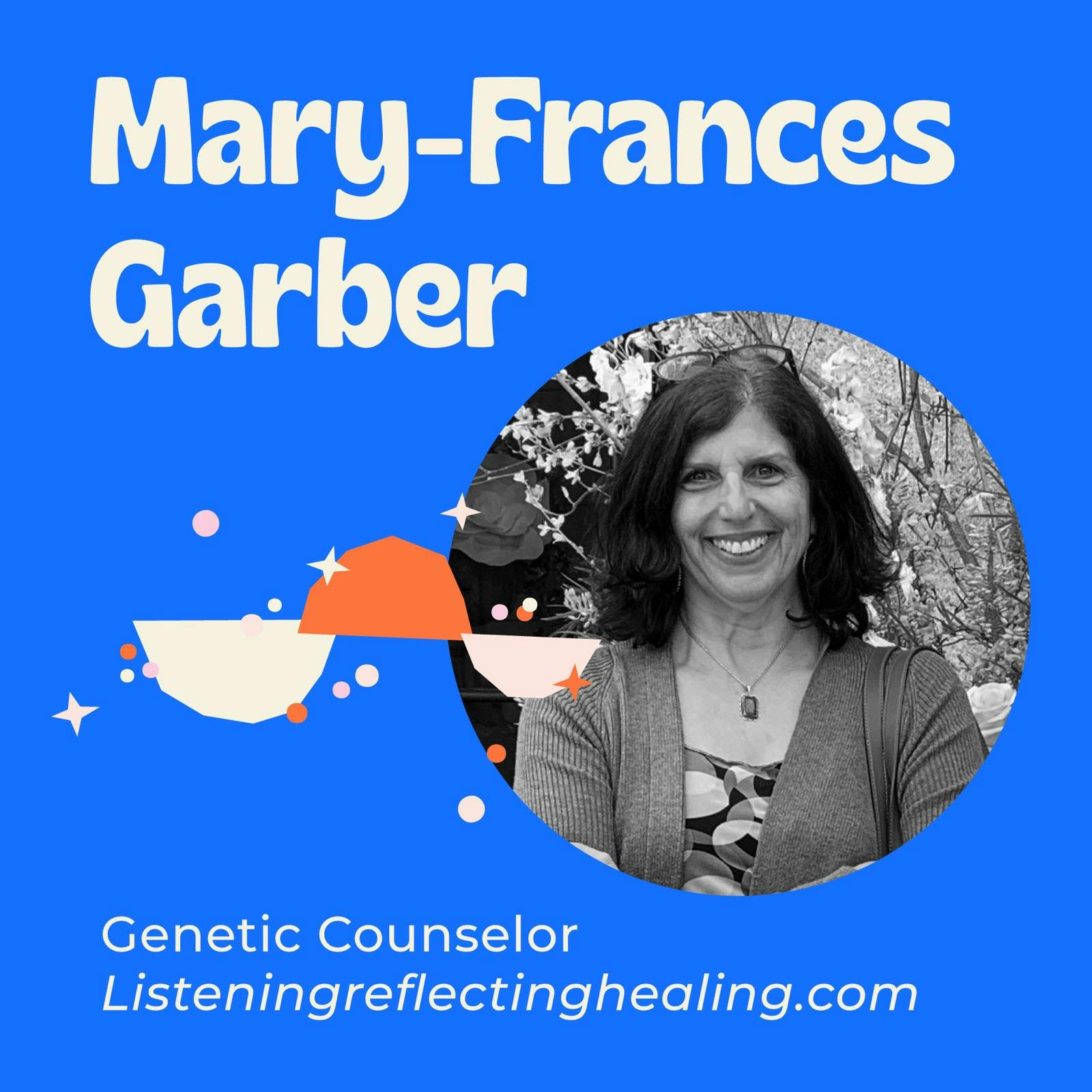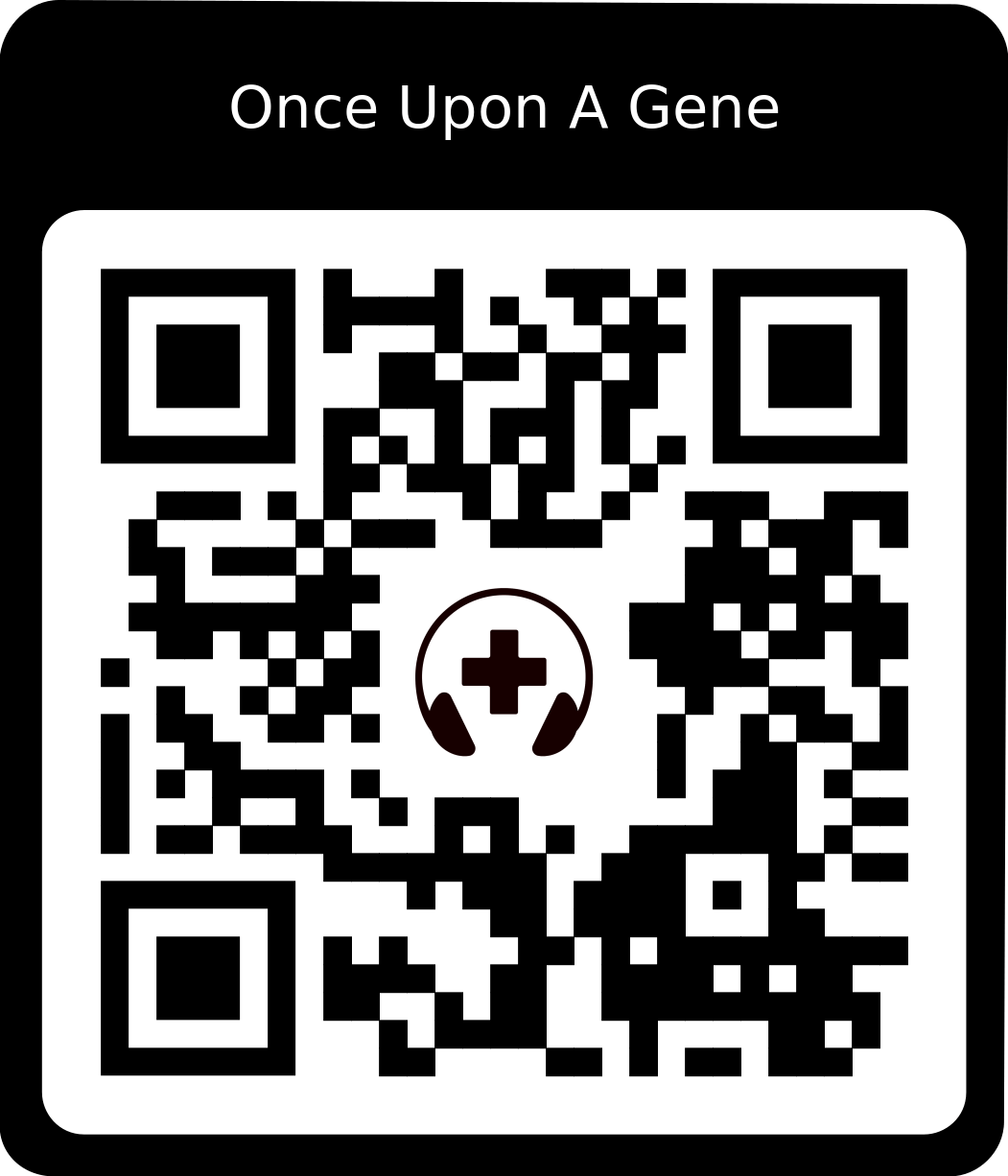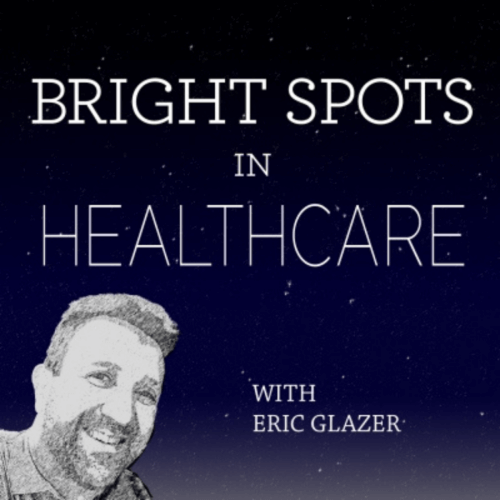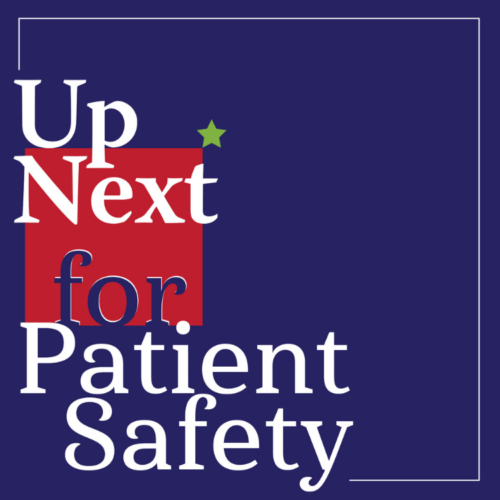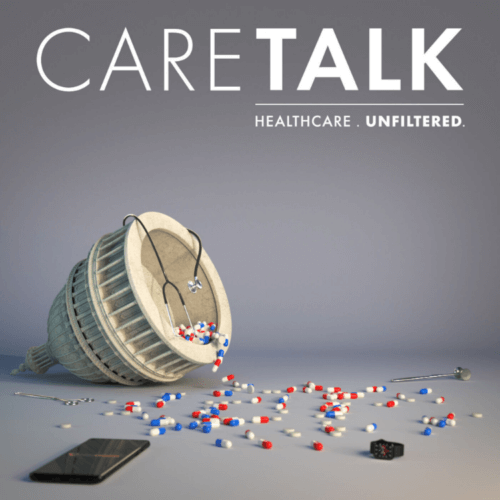The Unique Expertise of a Genetic Counselor – Helping Rare Disease Individuals and Families Navigate Through Complex Emotions and Circumstances Like Guilt, Grief, and Shame with Mary-Francis Garber
ONCE UPON A GENE – EPISODE 133
The Unique Expertise of a Genetic Counselor – Helping Rare Disease Individuals and Families Navigate Through Complex Emotions and Circumstances Like Guilt, Grief, and Shame with Mary-Francis Garber
Mary-Francis Garber is a Genetic Counselor who has a private practice where she offers support to patients and families affected by a rare disease diagnosis. We discuss emotional responses to grief, shame and guilt.
EPISODE HIGHLIGHTS
Where does your career in genetic counseling begin?
I was fortunate to get into the program at Sarah Lawrence College, where the field of genetic counseling originated. I wanted to be a medical provider with a focus on helping people understand genetics. I also enjoyed the counseling side and focused my early career in high-risk obstetrics. I opened my personal practice to provide ongoing supportive care to patients, parents and families who are experiencing something related to genetics, during pregnancy, in pediatric settings or as adults.
How do you help a parent who feels an overwhelming guilt after their child is diagnosed?
I sit with them, I’m present and I listen. Guilt is self-imposed and it’s easy to get stuck in guilt and the early stages of depression after a diagnosis. Sometimes it takes time, but my hope is that someone can eventually see that the guilt they feel isn’t necessarily the appropriate emotion. I remind patients to be good to themselves and to journal about why they feel guilt so they can take the feelings from their heart and head, put it on the paper and expel or release it.
How is feeling ashamed different from guilt?
Parents sometimes feel ashamed as a result of thoughts they’ve had about their child. We’re all human and we have faults. When we’re tired or overwhelmed, we have negative thoughts. Feeling ashamed, just like feeling guilty, isn’t justified when you’re trying to do your best.
What advice can you share for supporting someone who is going through a genetic diagnosis?
My patients often don’t want to share their news because they don’t want to be pitied and they don’t want to get questioned, especially when they can’t answer a lot of questions themselves. Just be there, listen, reflect on what they say, validate their feelings and try not to bombard them with questions.
LINKS & RESOURCES MENTIONED
listeningreflectinghealing.com
https://www.thedisordercollection.com/
https://effieparks.com/podcast/episode-114-noah-siedman
National Society of Genetic Counselors
TUNE INTO THE ONCE UPON A GENE PODCAST
https://open.spotify.com/show/5Htr9lt5vXGG3ac6enxLQ7
https://podcasts.apple.com/us/podcast/once-upon-a-gene/id1485249347
